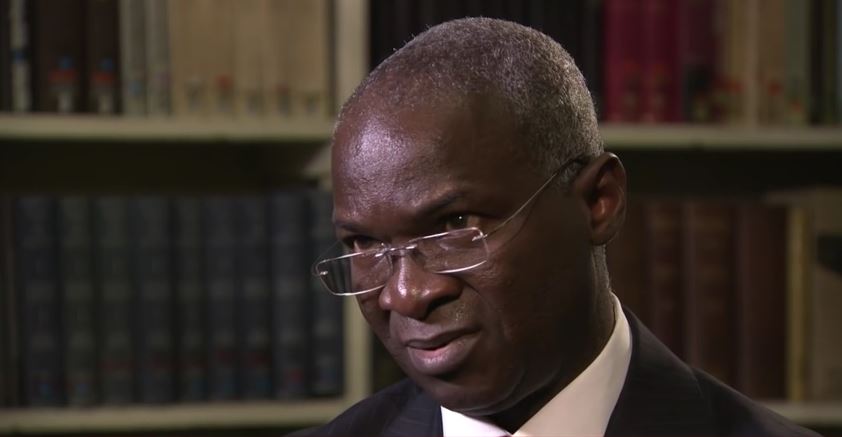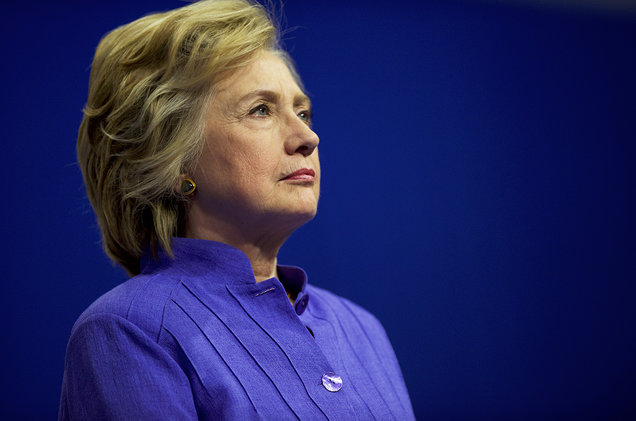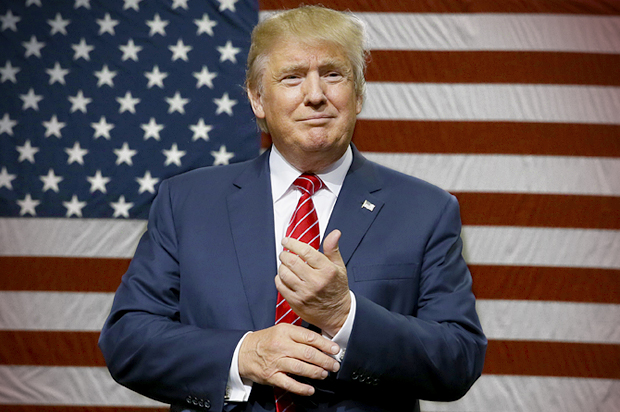Just like Nigeria, virtually all 14 members of the Organisation of Petroleum Exporting Countries (OPEC) have had to cut or totally remove fuel subsidies between 2015 and 2016.
Subsidies have also been removed time and again across the Organisation for Economic Co-operation and Development (OECD) nations.
In the European Union, plans are also underway to end domestic coal subsidies by 2018.
According to the OPEC World Oil Outlook (WOO), “the recent low oil price environment has made it possible for some governments, especially those in oil producing countries, to eliminate fossil fuel subsidies”.
Advertisement
“In addition, some OPEC Member Countries have gone through pricing restructuring too. For example, the UAE started linking gasoline and diesel to global prices in August 2015.
“In January this year Saudi Arabia applied a price reform to almost every fuel, while in Qatar, the first modifications were made to its gasoline and diesel prices since 2011.
“In February 2016, in what turned out to be a historic move, Venezuela also raised fuel prices for the first time in 20 years.
Advertisement
“Other OPEC Member Countries – such as Ecuador, Indonesia, Kuwait and Nigeria – have experienced some price modifications, or are considering modifying their fuel pricing system.”
OPEC said in the OECD region too, subsidies are being removed.
“The OECD has agreed to restrict subsidies used to export technology for coal-fired power plants with effect from 1 January 2017.
“A review is planned for 2019. It is expected that this would force countries like Japan and South Korea to limit the construction of new coalbased power plants.”
Advertisement
The current climate change and global oil outlook is against the existence of subsidy on oil or any other fossil fuel.
Add a comment







